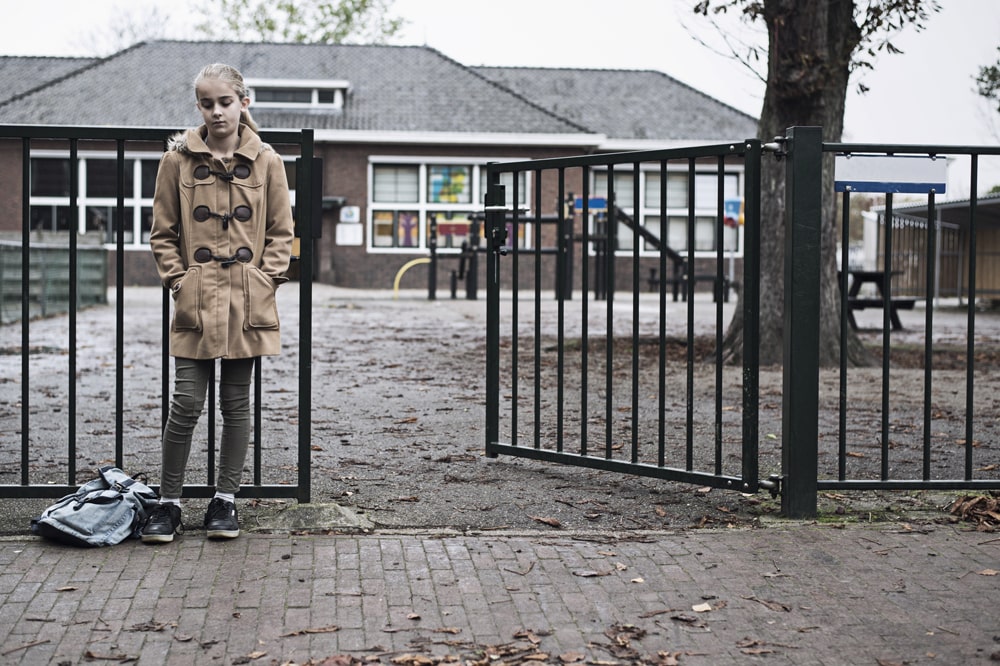National CSE Awareness Day: our schools deserve a promotion

To stamp out Child Sexual Exploitation, we must involve all agencies which are influencing the lives of children and young people. So, the HM Government proposal to focus its latest Keeping children safe in education guidance around a strengthened tri-partnership between local authorities, healthcare services and the police, highlights a huge missed opportunity in including education as a key partner.
This news comes off the back of an extremely worrying year for safeguarding in the UK. In the past month alone, we’ve witnessed the disturbing historical sexual abuse allegations uncovered in Telford and received news that child sex crime allegations have reached a record high in the UK. In almost 14,000 cases, the complainant was aged 10 or under, with 2,788 of the alleged offences perpetrated against children aged four or under.
The consultation on changes to Keeping children safe in education closed in February. The new guidance on how to deal with sexual assaults and sexual harassment committed by children on other children is a very positive step, however, I sincerely hope that the consultation will provide greater clarification of the individual roles and responsibilities of each agency, particularly schools, together with how multi-agency liaison will be improved.
The online world, for example, is constantly evolving, presenting new safeguarding challenges, so it is critical that every frontline professional working with children has the most up-to-date effective training to safeguard children and young people.
Ahead of National CSE Awareness Day, I’m championing the critical role all educational settings play in child protection and making the case for education’s place as an official partner in the government strategy. Let’s embrace this expertise in prevention and management of those at risk.
Daily contact
Outside of family life, school is where children spend the most time and where many trusting relationships are built between children and adults. Teachers have deep knowledge of each child’s behaviour and are in the strongest position to detect if a child displays worrying signs something isn’t right or if they are being negatively affected by social circumstances.
Early intervention
Daily contact with pupils, combined with quality safeguarding training and CPD, sees schools identifying and managing low level safeguarding concerns daily. Early intervention is critical to child protection and schools contribute significantly to this process.
Official attendance
Once in the education system, non-attendance is officially recorded and flagged. In some families where abuse is occurring, we see disengagement with health services – from missed doctor’s appointments and vaccinations, or visits to the dentist. Parents are legally bound to send their children to school, so any change in the norm is quickly identified and intervention can take place.
A trusted ear
For many children being abused, their safe place is not at home. Educational settings provide stability for these children, a safe place where there is routine and support from someone they can trust. In many cases they are a lifeline for abused children.
Contact with families
In addition to ensuring academic progress, effective schools develop partnerships with parents and others to support the learning process, nurturing self-esteem and confidence in young people. While ‘hard to reach’ parents pose a significant challenge, schools have some of the strongest strategies for nurturing positive parental engagement.
SSS Learning Safeguarding Director
16 March 2018